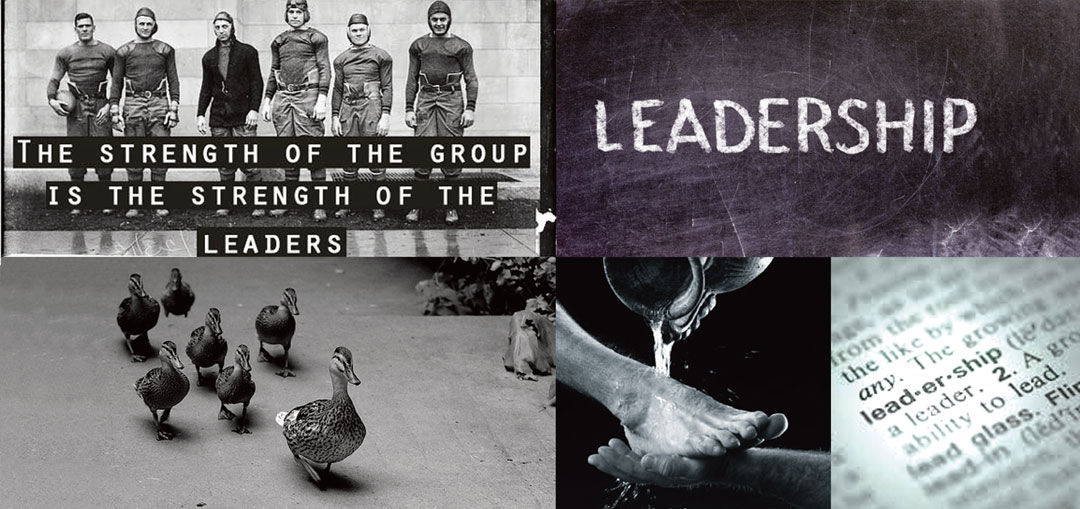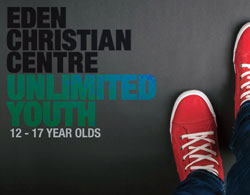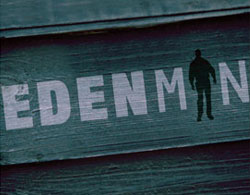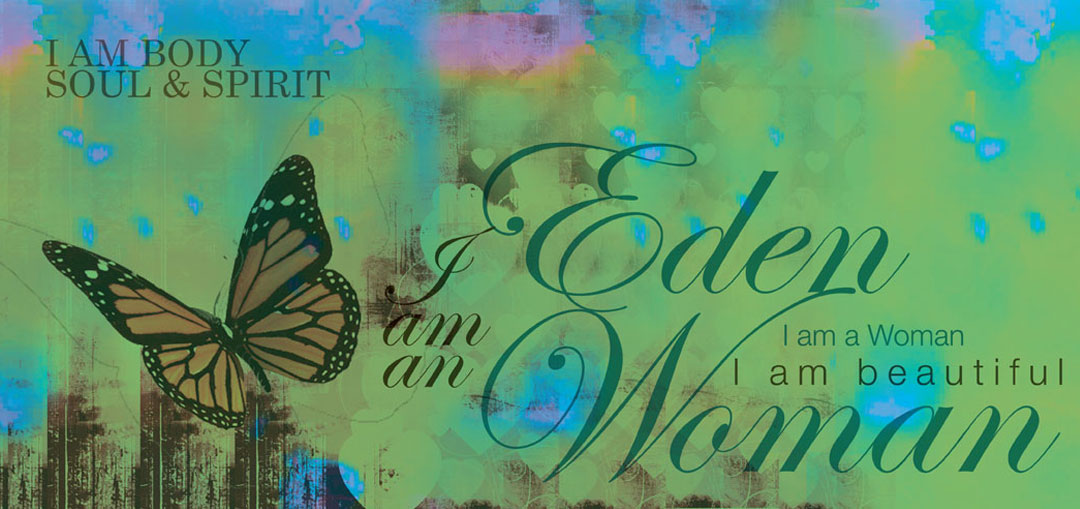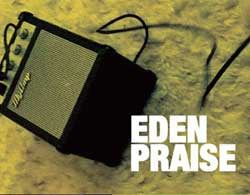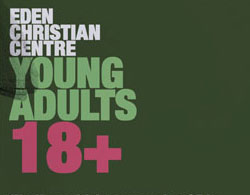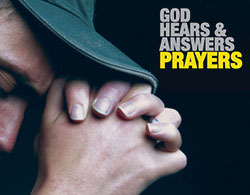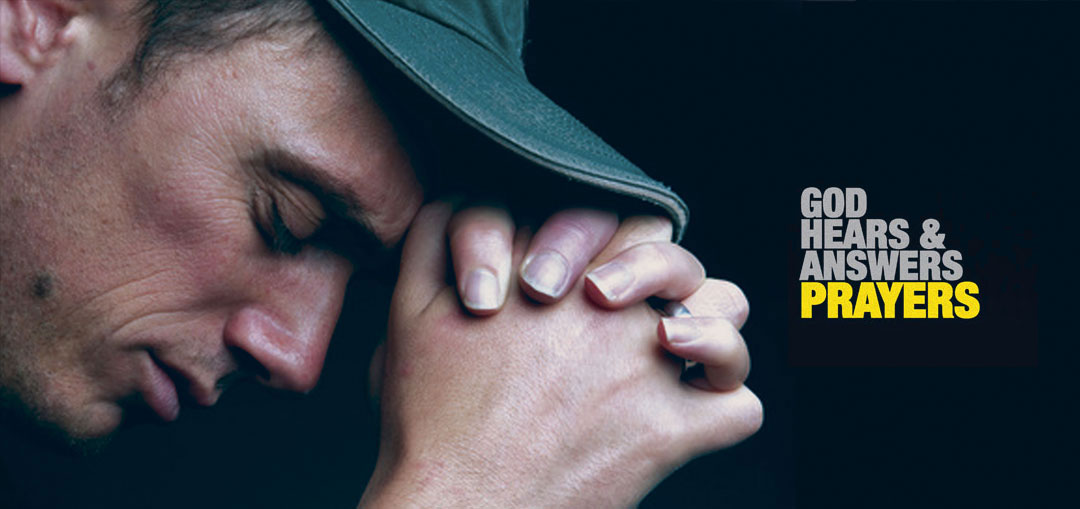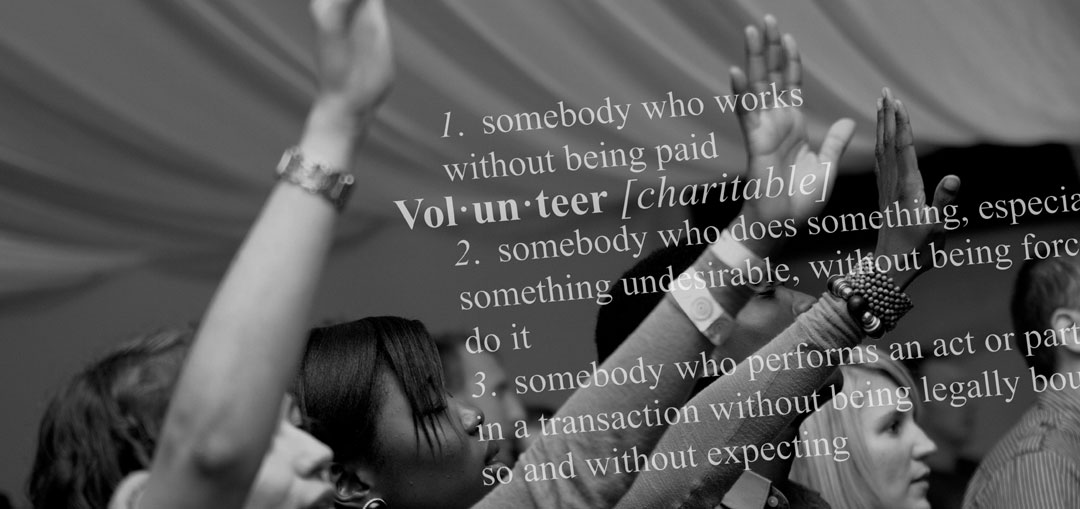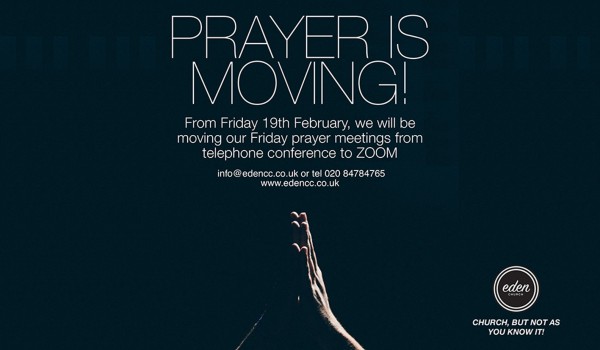The unity of the Godhead and the Trinity of the Persons therein. There is one God, the creator and ruler of the universe. He exists eternally in three distinct but equal persons – the Father, the Son, and the Holy Spirit. Genesis 1:1, 26-27; 3:22, Psalm 90:2, Matthew 28:19, 2 Corinthians 13:14. 1 Peter 1:2
The utter depravity of human nature, the necessity for repentance and regeneration, and the eternal doom of the finally impenitent. People are made in the spiritual image of God, to be like him in character. They are the supreme object of God’s creation. Although people have tremendous potential for good, they are marred by an attitude of disobedience toward God called sin. This attitude separates humankind from God. Genesis 1:27, Psalm 8:3-6, Isaiah 53:6, Isaiah 59:1-2, Acts 20:21, Romans 3:23, 2 Corinthians 5:17, Revelation 20:11-15
The Virgin birth, sinless life, atoning death, triumphant resurrection, ascension and continuing intercession of our Lord Jesus Christ; His second coming and millennial reign upon earth. God’s eternal Son was born to Mary, a virgin, from whom He received His humanity. Fully human, He was nonetheless without sin, having been conceived by the Holy Spirit. Having lived with perfect holiness, He bore in His death the penalty of all others’ sin. After God the Father raised him from death He returned in triumph to heaven where He represents His people. He will come again to rule over the earth for a thousand years. Matthew 1:18-25, Acts 2: 29-32, Hebrews 2:9, 1 Peter 2:21-24.
The justification and sanctification of the believer through the finished work of Christ. Through His life and death Jesus provided fully for our salvation. When we trust in him as our Saviour we are completely forgiven and declared to be in right standing with God. We are now set apart for God. By the Holy Spirit’s power we can grow in the Christ-likeness God requires of us. Romans 3:21-24, 2 Corinthians 3:17-18, Ephesians 4:23-24
The baptism of the Holy Spirit for believers, with signs following. God intends all Christians to know a definite experience of the presence and power of the Holy Spirit. This baptism will result in clear evidences of the Spirit’s work, empowering the church for its mission in the world. Acts 2, Acts 10:44-48
The nine gifts of the Holy Ghost for the edification, exhortation and comfort of the Church, which is the Body of Christ. The Holy Spirit grants Christians supernatural abilities. They are used to help build up, encourage and strengthen the church. The early church in the Bible needed such gifts and today, we also need them to help us. 1 Corinthians 12:4-11, 1 Corinthians 13:9-12
The sacraments of baptism by immersion, and of the Lord’s Supper. Baptism by immersion symbolizes the death, burial, and resurrection of Jesus and is your public declaration that you have accepted Jesus Christ as your personal Saviour. Baptism does not save you, but shows the world that you have already been saved. And while baptism is not required for salvation, it is a biblical command and demonstrates your love and obedience to Christ. His death and resurrection are the permanent basis of Christian life. Therefore He also ordained that the church should meet to remember Him by eating bread and drinking wine as symbols of his body and blood. Matthew 28:19-20, 1 Corinthians 11:23-26, Acts 2:38-41, Romans 6:3-14, Ephesians 2:8-9, Colossians 2:12
The divine inspiration and authority of the Holy Scriptures. The Bible is God’s word to all mankind. It was written by human authors, under the supernatural guidance of the Holy Spirit. It is the supreme source of truth for Christian beliefs and living. Because it is inspired by God, it is truth without any mixture or error. Psalm 119:105,160, 12:6, Proverbs 30:5, 2 Timothy 3:16, 2 Timothy 1:13, 2 Peter 1:20, 21
Church government by Apostles, Prophets, Evangelist, Pastors, Teachers, Elders and Deacons. Church leadership is provided by men with varying God-given ministries. They complement each other and together express Christ’s government of his church. God has ‘gifted’ people in the church to lead it. These people are not ‘superhuman’ or promoted into positions, but God’s gift in them is recognised, nurtured and tested. When the person is found suitable, they may be ‘set’ into their place of ministry (serving). Ephesians 4:11, 1 Timothy 3:1-13, Titus 1:5-11
The security of the believer as he remains in Christ. Man was created to exist forever. He will either exist eternally separated from God by sin or in union with God through forgiveness and salvation. To be eternally separated from God is hell. To be eternally in union with Him is eternal life. Matthew 25:31-46, John 3:16, Romans 6:23, 1 Corinthians 10:12, 1 Timothy 1:19, Hebrews 3:12, 1 John 5:11-12, Revelation 20:15
The obligatory nature of tithes and offerings. The privilege and responsibility of bringing tithes and offerings to the Lord. It is our privilege and responsibility to give a tenth of our income to support Gods’ work. Further giving should result from increased prosperity and as we are faced both by opportunities to spread the Gospel and the world’s need.





